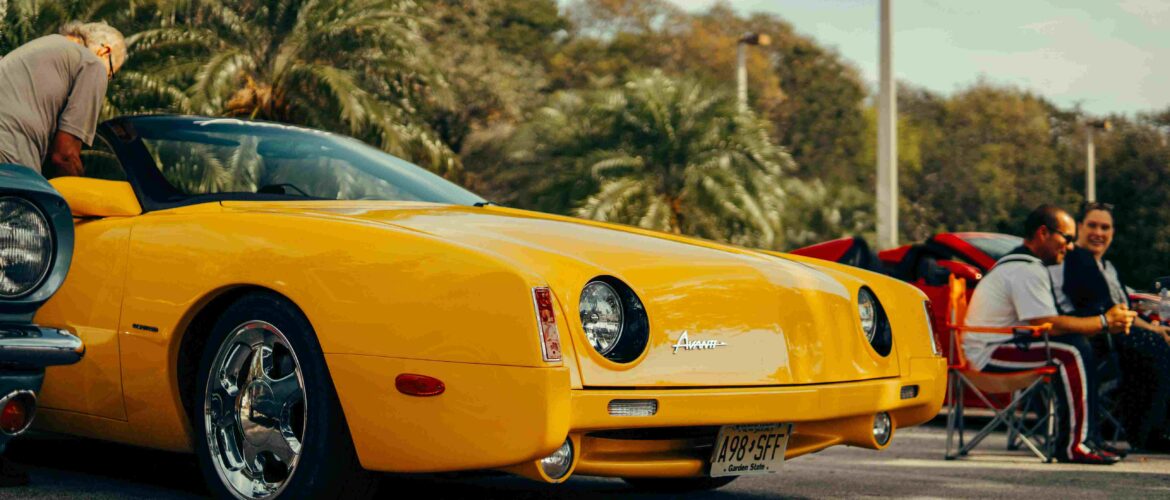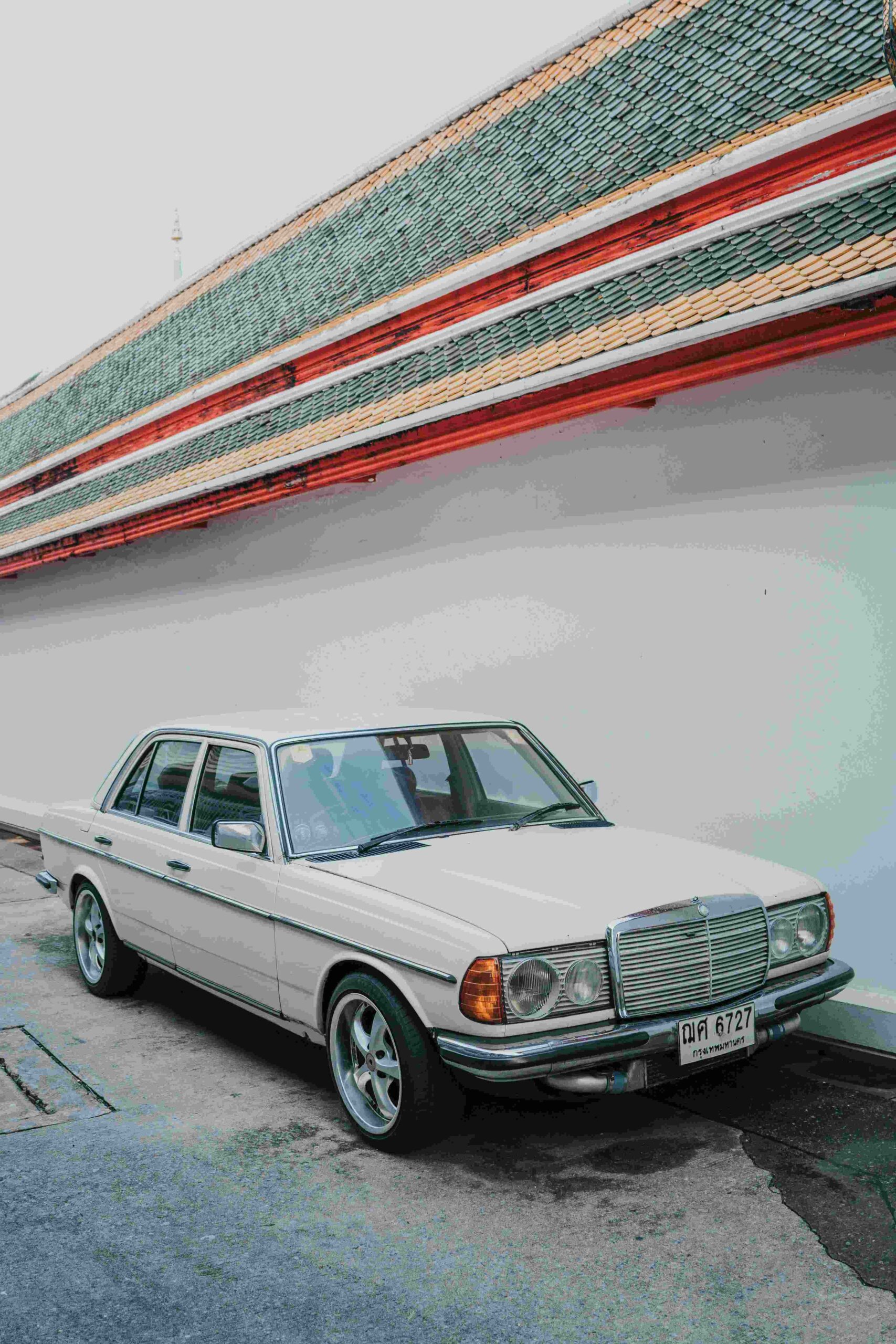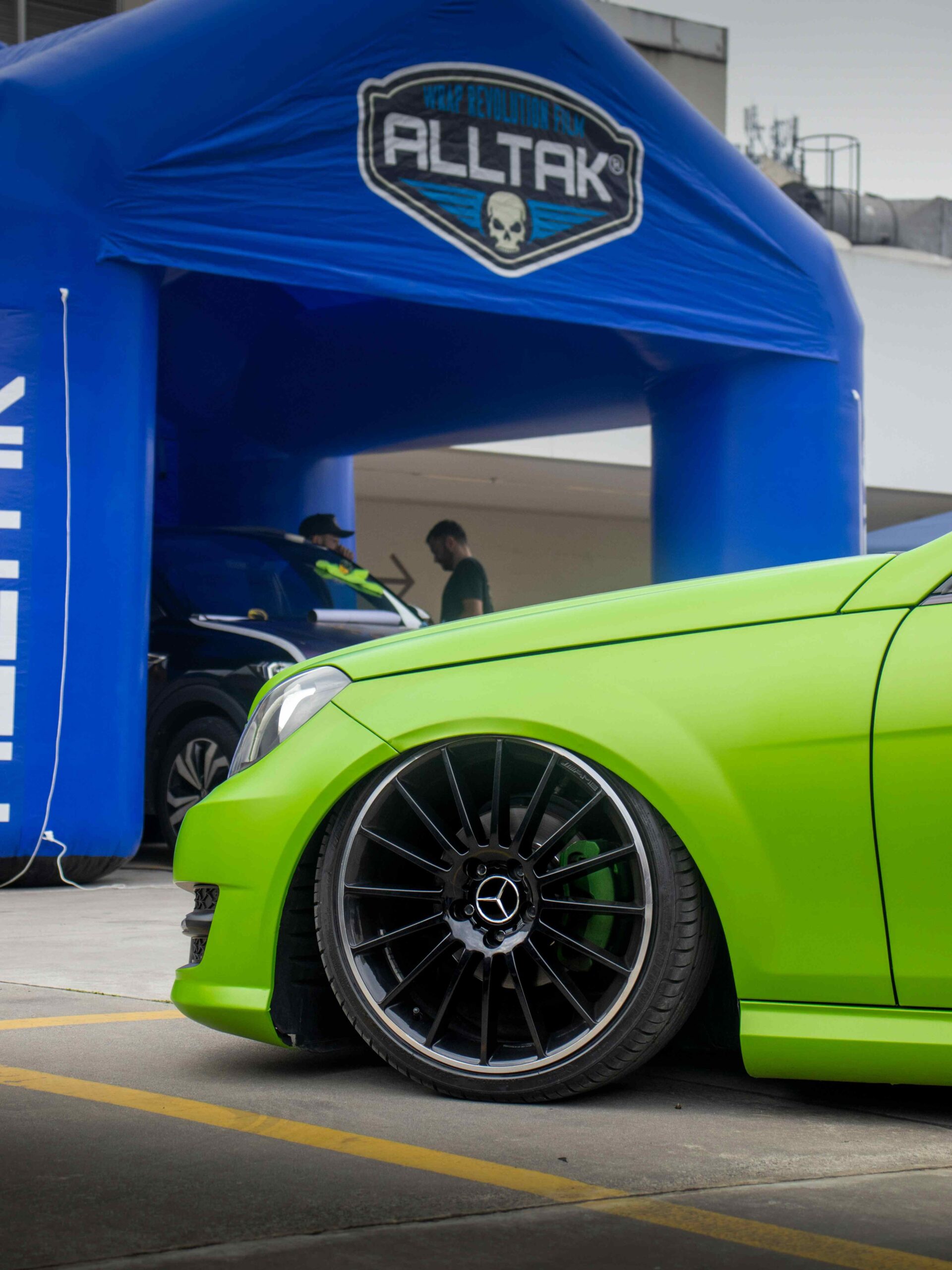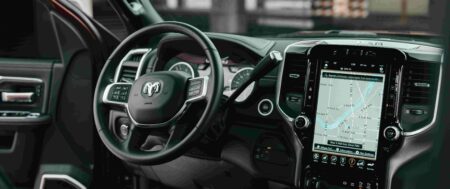What is the Difference Between Certified Pre-Owned and Used Car?
When considering purchasing a vehicle, one must understand the differences between two distinct options: certified pre-owned (CPO) cars and used cars. While both categories involve previously owned vehicles, they differ significantly in terms of quality, reliability, and warranty coverage.
When it comes to what is the difference is between a certified pre-owned and a used car, it becomes sometimes confusing. Certified pre-owned cars undergo rigorous inspections and meet manufacturer-set criteria, offering a level of assurance akin to buying new. On the other hand, used cars vary in condition and typically lack comprehensive warranties. Understanding these disparities is crucial for making an informed decision that aligns with one’s budget and expectations. This blog will discover the main differences between certified pre-owned cars and used cars, aiding prospective buyers in their automotive journey.
Certified Pre-Owned Cars VS Non-Certified Used Cars
While both certified pre-owned cars and used cars offer viable options for buyers in the automotive industry for a pre-owned vehicle, they differ significantly in terms of quality, warranty coverage, roadside assistance, certification, price, and availability. Understanding these distinctions between a traditional used car and a new vehicle is essential for making an informed decision that aligns with one’s budget, preferences, and needs.
Quality and Condition
Certified Pre-Owned (CPO) and new cars undergo a complete inspection conducted by manufacturer-certified technicians. These inspections cover various components, ensuring that the vehicle meets specific quality standards set by the manufacturer. Any necessary repairs or replacements are made using genuine parts, bringing the car up to a nearly new condition. In contrast, used cars may vary widely in quality and condition depending on factors such as age, mileage, maintenance history, and previous ownership. While some used cars may be well-maintained and in excellent condition, others may exhibit signs of wear and require immediate attention.
Warranty Coverage
If you want to purchase a CPO car, one of the primary advantages is the manufacturer warranty coverage provided by the manufacturer. CPO programs offer comprehensive warranties that extend beyond the original factory warranty, providing additional peace of mind to buyers. These warranties often include coverage for major components such as the engine, tire, bumper rotations, transmission, and drivetrain. On the other hand, used cars generally come with limited or no warranty coverage, leaving buyers responsible for any maintenance after purchase. Extended warranty options may be available for used cars, but they often come at an additional cost.
Vehicle History and Certification
CPO cars come with a detailed vehicle history report that outlines the vehicle’s service history, ownership records, and any reported accidents or damage. In addition, CPO cars offered by car dealerships are fully transferable and undergo a thorough certification process conducted by the manufacturer, ensuring that they meet specific criteria for quality and condition. This certification process adds an extra layer of assurance to buyers, as they can trust that the same vehicle has been thoroughly inspected in a few seconds and vetted by
professionals. In contrast, used cars may have less transparent histories, and buyers may need to conduct their own research to uncover any potential issues.
Price and Depreciation
Due to the higher quality, warranty coverage, and certification status, the used vehicle generally commands a higher price compared to new cars. However, this higher initial cost may be offset by the added peace of mind, and you can save money on repairs and maintenance over time. Additionally, CPO cars tend to depreciate at a slower rate than regular used cars, as they have already undergone the bulk of their depreciation within the first few years of ownership.
Availability and Selection
The availability and selection of CPO-purchased cars may be more limited compared to used cars, as they must meet specific criteria set by the manufacturer to qualify for certification. This limitation offered by an automaker may restrict buyers’ options, particularly if they are looking for a specific make, model, wheel, or trim level. In contrast, the used car market offers a wider variety of options across different makes, models, and price points, allowing buyers to choose from a broader selection based on their preferences and budget.
Call Now For Pre-Qualification Info
Certified Pre-Owned Vehicles in Denver
In Denver, certified pre-owned (CPO) vehicles offer buyers a reliable and trustworthy option when searching for a quality pre-owned car. The CPO program in Denver follows standards set by manufacturers, ensuring that vehicles undergo comprehensive inspections and meet specific criteria for quality and condition.
These inspections are conducted by automaker- and manufacturer-certified technicians who thoroughly examine various components of the vehicle to make sure that it meets the manufacturer’s standards. Any necessary repairs or replacements are made using genuine parts, bringing the vehicle up to a nearly new condition, by a registered dealership. This thorough inspection process provides buyers with confidence in the reliability and performance of the CPO vehicle.
Additionally, CPO vehicles in Denver come with extended warranty coverage provided by the manufacturer. This warranty typically extends beyond the original factory warranty, offering comprehensive coverage for major components such as the engine, transmission, and drivetrain. This added peace of mind is particularly valuable for buyers who want the assurance that their investment is protected against unexpected repairs.
Furthermore, CPO vehicles in Auto Finance Denver come with detailed vehicle history reports, outlining the vehicle’s service history, ownership records, and any reported accidents or damage. This transparency allows buyers to make informed decisions and trust that the vehicle has been thoroughly inspected and vetted before being certified. Overall, certified pre-owned vehicles in Denver provide buyers with a high-quality, reliable, and trustworthy option when searching for their next vehicle.
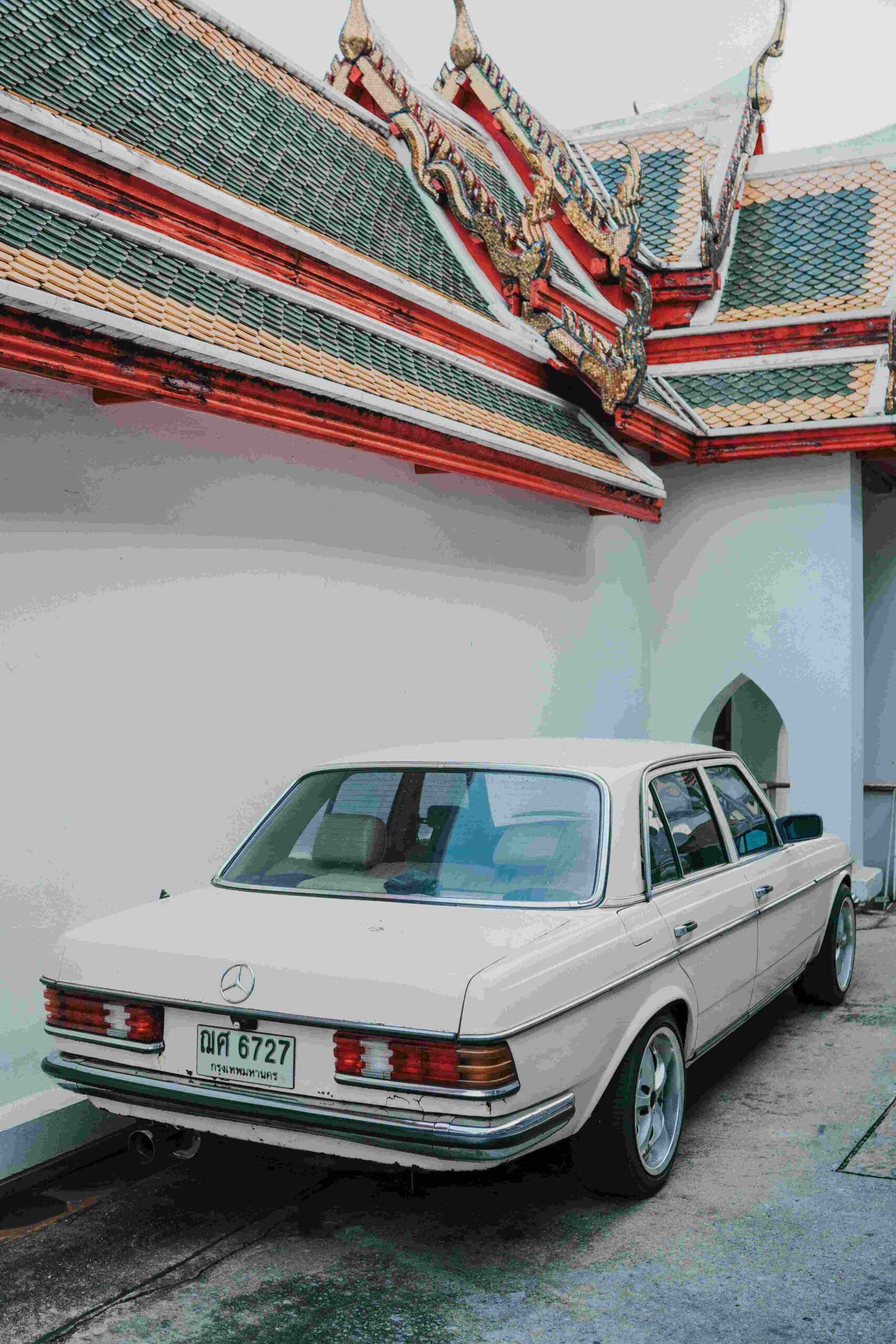
How Much do CPO Cars Cost?
The cost of certified pre-owned (CPO) cars varies depending on factors such as the make, model, age, mileage, and condition of the vehicle. Generally, CPO cars are priced higher than non-certified used cars due to their higher quality, warranty coverage, and certification status. On average, CPO cars can range from a few thousand dollars more to significantly higher prices compared to their non-certified counterparts.
Call Now For Pre-Qualification Info
CPO Used Car Inspections
Inspecting non-certified pre-owned (CPO) cars is crucial for buyers to assess the vehicle’s condition, identify potential issues, and make informed purchasing decisions. Conducting a thorough inspection can help buyers avoid costly repairs, and ensure they are getting a reliable vehicle. Here’s how to inspect a non-CPO car in steps:
Exterior Inspection
Begin by examining the exterior of the car for any signs of damage, such as dents, scratches, or rust. Check the paint condition and panel alignment to detect any indications of previous accidents or bodywork.
Interior Inspection
Inspect the interior of the car, including the upholstery, dashboard, and controls. Look for wear and tear, stains, and any malfunctions in features such as the air conditioning, infotainment system, and power windows.
Under the Hood
Open the hood and inspect the engine compartment for leaks, corrosion, or any unusual smells, especially in non-certified pre-owned cars. Check the fluid levels, including oil, coolant, brake fluid, and transmission fluid. Access for signs of poor maintenance, such as dirty or neglected engine components.
Test Drive
Take the used car for a test drive to assess its performance and handling. Pay attention to the engine’s responsiveness, transmission shifts, braking efficiency, and suspension dynamics. Listen for any unusual noises or vibrations that could indicate mechanical problems.
Vehicle History Report
Obtain a vehicle history report using the car’s VIN (Vehicle Identification Number) to uncover any past accidents, title issues, or other important information. This report can provide valuable insights into the car’s background and help identify potential red flags.
Mechanical Inspection
If possible, have a qualified mechanic perform a comprehensive inspection of the car’s mechanical components. This inspection can uncover hidden issues that may not be apparent during a visual inspection and provide a more detailed assessment of the car’s overall condition. By following these steps and conducting a thorough inspection, buyers can make more informed decisions when purchasing non-CPO cars, ensuring they select a vehicle that meets their needs and expectations while minimizing the risk of unexpected problems.
Call Now For Pre-Qualification Info
CPO Inspection and Refurbishment
The inspection and refurbishment process of a certified pre-owned car is a crucial step that ensures this vehicle meets high-quality standards set by manufacturers. This process involves thorough examinations and necessary repairs, providing buyers with assurance in the reliability and performance of the CPO vehicle. During the inspection phase, certified technicians conduct comprehensive, multi-point inspections, examining various components of the vehicle to assess its condition and identify any issues. These inspections cover crucial areas such as the engine, transmission, brakes, suspension, electrical systems, and more. Any discrepancies or deficiencies are addressed through necessary repairs or refurbishments using genuine parts and manufacturer-approved procedures.
Refurbishment may include tasks such as replacing worn-out components, repairing tire rotations, repairing cosmetic imperfections, and ensuring all systems and features are functioning correctly in the used vehicles. Additionally, the vehicle undergoes detailing to increase its appearance and ensure it meets aesthetic standards.
The importance of this inspection and refurbishment process cannot be overstated. It provides buyers with confidence in the quality and reliability of the CPO vehicle, knowing that it has undergone thorough inspections and necessary repairs to meet manufacturer-certified standards. This assurance is particularly valuable when purchasing a pre-owned vehicle from a website browser, as it mitigates the risk of unexpected issues and ensures a higher level of satisfaction and peace of mind for the buyer.

Call Now For Pre-Qualification Info
FAQs
What's the difference between pre-owned and used cars?
Pre-owned cars include certified pre-owned (CPO) vehicles, which undergo rigorous inspections and come with manufacturer-backed warranties. Used cars, on the other hand, vary in quality and may lack warranty coverage.
Is a certified pre-owned car more expensive than a used car?
Generally, yes. A pre-owned car, especially a CPO vehicle, often commands higher prices due to its higher quality, warranty coverage, and certification status.
How can I ensure the reliability of a used car?
Obtain a vehicle history report, have a trusted mechanic perform an inspection, and consider purchasing an extended warranty for added protection against unforeseen repairs.
Conclusion
The contrast between certified pre-owned vs used cars highlights the importance of considering factors such as quality, warranty coverage, certification, price, and availability when making a buying decision. While CPO cars offer higher quality, extended warranty coverage, and a thorough certification process, they often come with a higher price tag.
On the other hand, used cars provide more options but may lack transparency regarding their history and condition. Understanding these distinctions from the website experience and secure verifying enables buyers to make informed choices that align with their budget, preferences, and needs, ensuring a satisfying and reliable automotive investment.
